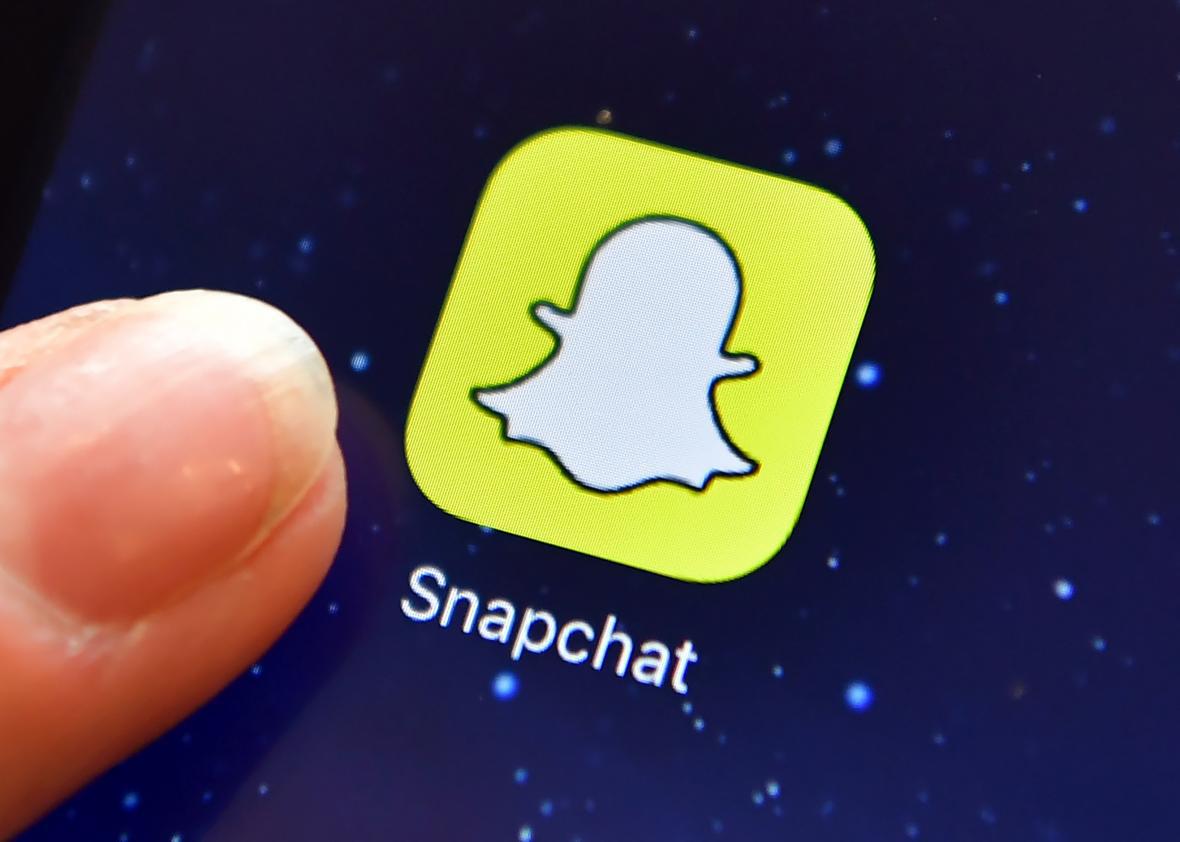Amnesty International says digital encryption is a human right because it’s vital to unimpeded communication of activists and journalists.
“Our communications are under constant threat from cybercriminals, malicious hackers, and unjustified spying by state authorities,” the human rights organization says on its website. “Young people, activists and journalists who share personal details over messaging apps are especially at risk.”
As part of its campaign to raise awareness about the need for encryption, Amnesty International has ranked 11 of the world’s most popular messaging apps on how well they encrypt users’ communications. The report, published Oct. 21, calls on “companies to apply end-to-end encryption as a default” and to “clearly inform users of the level of encryption applied to their messaging services.”
Facebook, which runs Facebook Messenger and WhatsApp, scored the highest in the assessment, with 73 out of 100 points. In April, WhatsApp implemented end-to-end encryption for all of its communications. As Slate reported at the time:
The service has been working on expanding this security feature since it announced end-to-end encryption for chat messages in November 2014. Now, beyond just messages, every type of WhatsApp communication will be encrypted locally by the sender, travel in encrypted form, and be decrypted only by the receiver. It all happens automatically to make it easy on users, and WhatsApp itself won’t have the keys to decrypt any of the data moving across its network.
Facebook Messenger does not have end-to-end encryption as its default, but users can opt in.
Apple’s iMessage and FaceTime do have end-to-end encryption and ranked second best with 67 points. But the report says, “the company should do more to notify users within the apps themselves about when their information is protected through end-to-end encryption and when it is not (for example when you send a message to a non-iPhone user).”
On the other end of the spectrum, Snapchat scored a 26 out of 100, higher only than Tencent, a company that owns two messaging apps in China, and Blackberry, which charges extra for encryption. Snapchat does not employ end-to-end encryption, and though images and messages sent over the app do disappear after they’re opened, they can be saved via screenshots. The Amnesty International report says this gives users a “false sense of privacy.” Microsoft’s Skype fared slightly better, earning 40 points, but the report says it still uses a weak form of encryption.
